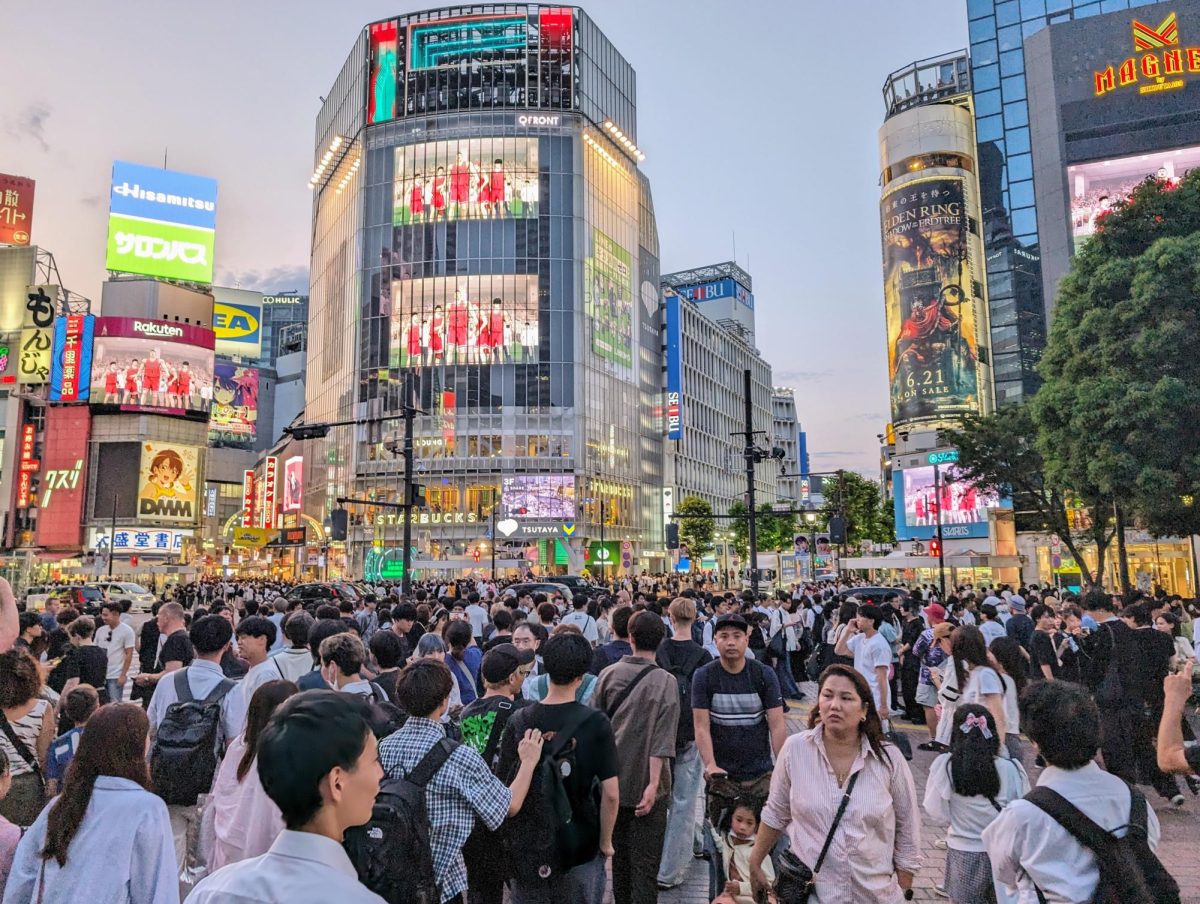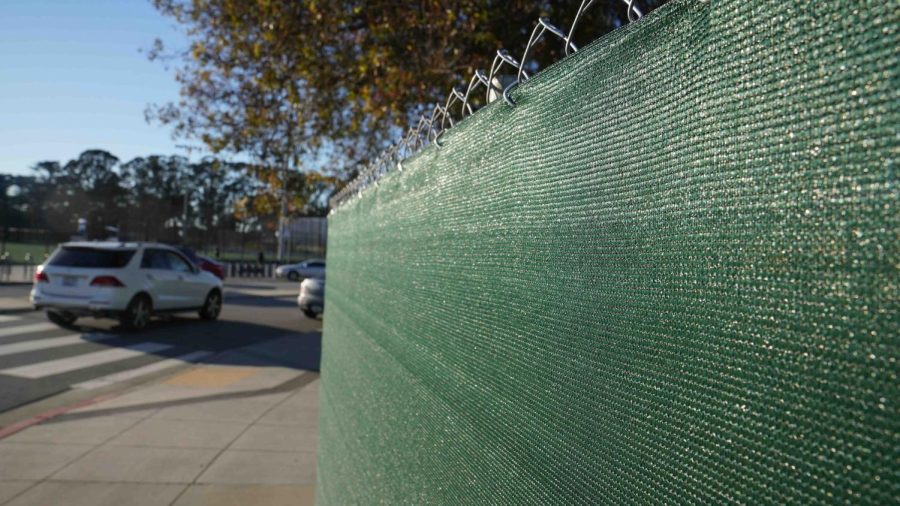This past month, the Bay Area has been afflicted by poor air quality from fires such as the Woodward fire, Quail fire and Park fire and Bear fire, which was responsible for the orange sky San Franciscans woke up to on Sept. 9. According to SF State environmental science professor and department chair Andrew Oliphant, climate change ties into the air quality and wildfires occurring all across the state of California.
“Just the point that we know that the increase in fire frequency is predicted by the impacts of climate change. Just the point that we really need to get a handle on climate change, if we’re to you know, it has this downstream impact on area quality, which we’ve all noticed has deteriorated significantly in the past few years,” Oliphant said.
With wildfire season a norm in California, the Xpress Air Quality Checking Resource Guide was created to help prepare and protect oneself from poor air quality and to avoid health risks resulting from Bay Area fires in the present and future.
| AQI (Air Quality Index) | Levels | Index | Description |
| Green | Good | 0-50 | Air quality is satisfactory, and air pollution poses little or no risk. |
| Yellow | Moderate | 51-100 | Air quality is acceptable. However, there may be a risk for some people, particularly those who are unusually sensitive to air pollution. |
| Orange | Unhealthy for sensitive groups | 101-150 | Members of sensitive groups may experience health effects. The general public is less likely to be affected. |
| Red | Unhealthy | 151-200 | Some members of the general public may experience health effects; members of sensitive groups may experience more serious health effects. |
| Purple | Very Unhealthy | 201-300 | Health alert: The risk of health effects is increased for everyone. |
| Maroon | Hazardous | 301-higher | Health warning of emergency conditions: everyone is more likely to be affected. |
Information pulled from Air Now
Check the air quality
Checking the air quality, regardless of the location, can be done through looking at the weather app on a mobile device and seeing the Air Quality Index number. Alternatively, AQI can be seen by visiting the Air Now website.
Oliphant explained that the most accurate way of checking the air quality if you are located in the Bay Area is through the Bay Area Air Quality Management District.
“If you live in the Bay Area, the Bay Area Air Quality Management District website is good, particularly because they use very high quality instruments and have high quality control and quality assurance of their data.”
The data comes from Air District’s air monitoring stations and is available on an hourly basis from subregions within the Bay Area. This regional agency covers the Bay Area, providing accurate air quality data to the public at federal and state air quality standards.
Stay Indoors
According to Air Now, “If you are advised to stay indoors, take steps to keep indoor air as clean as possible. Keep your windows and doors closed – unless it’s extremely hot outside. Run your air conditioner, if you have one.”
Check your air conditioner filter and make sure it’s clean, in order to prevent bringing additional smoke inside. Alternatives are relocating with relatives or to a clean air shelter, if possible.
Oliphant tends to walk slower when the air quality is bad as a way of maintaining steady heart rate and breathing patterns and avoiding elevating them. He also recommended avoiding outdoor physical activities and exercises.
“I have stopped my regular recreational bike ride. I have planned them very carefully both in space and time around the patterns of the air quality,” he said.
What Mask Works Best: N-95 or P-100?
“Dust masks aren’t enough!” according to Air Now.
Surgical or homemade cloth masks will not protect your lungs from the fine particles in wildfire smoke. The proper masks are known as N-95 or P-100. These are sold online, hardware and home repair stores. According to the Air Now website said.
Simple basic tips when dealing with bad air quality. Oliphant suggested some advice. “Wear a N-95 masks because they capture some of the smaller particles in smoke. Limit exercise, and avoid going outside, when it’s really bad,” he said.
Other alternatives:
- Use a portable air cleaner
- Avoid exercising or exertion
- Stay hydrated
- Evacuate/ relocate if necessary
These tips will help avoid health problems caused by bad air quality, additional resources could be found here.











